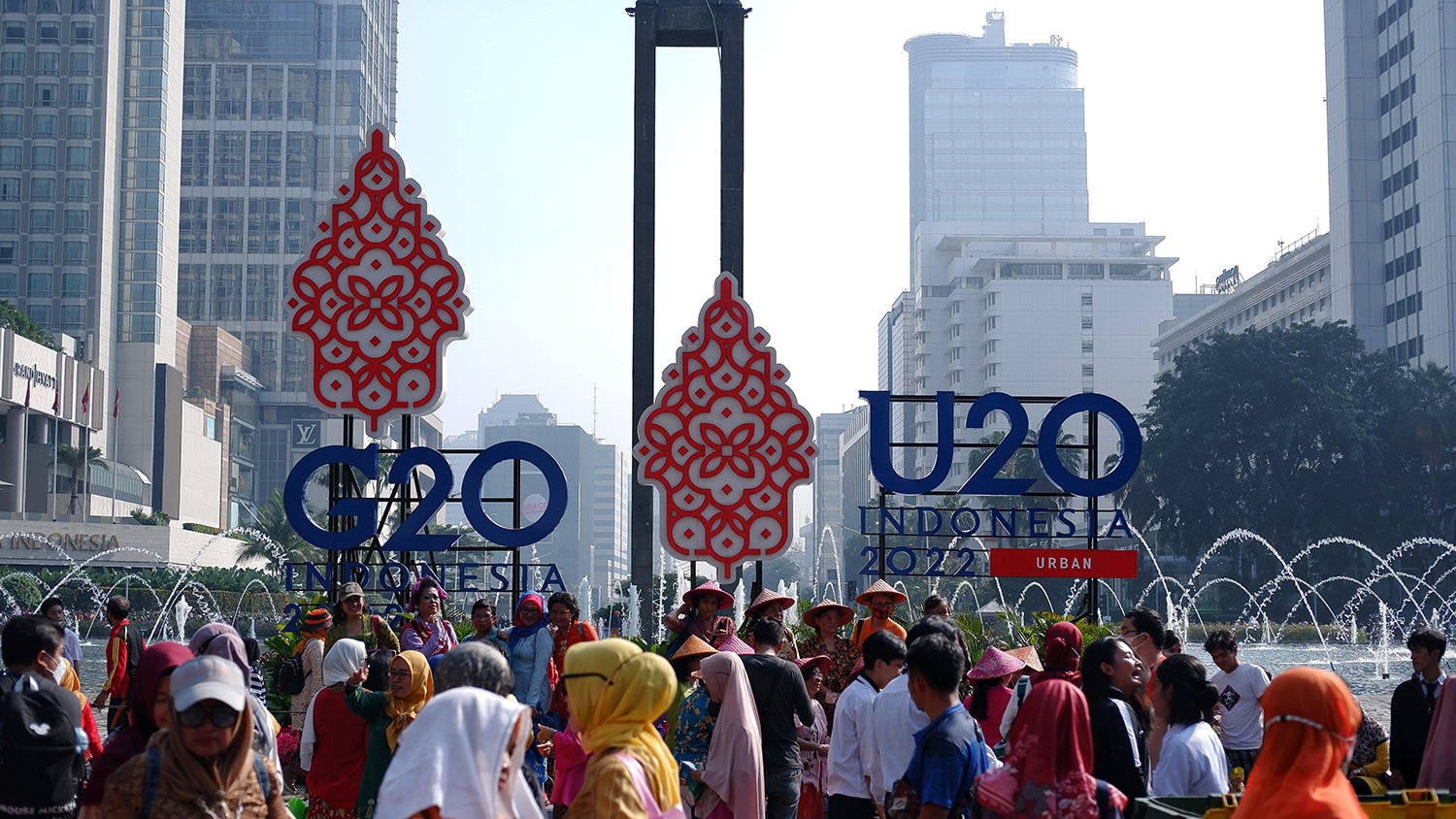Indonesia, one of the world's largest coal producers and exporters, has long relied heavily on coal for energy and economic growth. Over the past two decades, rapid urbanization has driven a surge in electricity demand, leading to coal's share in Indonesia's energy mix skyrocketing from 13% in 2004 to 61% in 2021. Within a 100-kilometer radius of the capital Jakarta alone, there are ten operational coal-fired power plants. Approximately 75% of Indonesia's coal production is exported overseas, contributing significantly to the country's economy.
Ambitious Emission Reduction Goals
To break free from coal dependence, the Indonesian government, in its nationally determined contributions announced in September 2022, pledged to reduce carbon emissions by 31.89% by 2030 and
43.2% with international support, surpassing the targets set by the 2015 Paris Agreement.
The Indonesian government also vowed not to approve new coal-fired power plants starting this year and committed to achieving carbon neutrality by 2050, a decade ahead of schedule, along with doubling renewable energy generation by 2030.
Challenges on the Ground
However, Indonesia faces numerous challenges on its path towards energy transition, spanning from political to economic hurdles. The coal industry contributes 5% to Indonesia's GDP and employs around 250,000 workers. Moreover, many of Indonesia's coal mines are controlled by influential companies that invest heavily in political lobbying. Abandoning coal will impact Indonesia's treasury income, and vested interests are likely to strongly resist the transition.
Shifting away from coal also requires substantial funding. The decommissioning of 118 coal-fired power stations in Indonesia is estimated to cost around $50 billion. Indonesia's industry has also established numerous self-owned coal power plants. Due to the lack of connection to the national grid and incomplete data, authorities find it challenging to assess the actual scale of these coal power plants.
Uncertainties Surrounding Foreign Aid
In November of the previous year, the United States and Japan-led Nationally Determined Contributions Partnership (NDCP) signed a "Just Energy Transition Partnership" (JETP) agreement with Indonesia, pledging to provide at least $20 billion (approximately $27 billion SGD). However, this eagerly anticipated investment plan has faced multiple delays, raising doubts in Jakarta about whether the funds will materialize.
Following a visit to the United States in April of this year, Indonesia's Minister of Maritime Affairs and Investment, Luhut Binsar Pandjaitan, stated that Washington hadn't shown them any money and hadn't explained how Indonesia could access JETP funds, emphasizing that funds must be offered on favorable terms. An Indonesian official involved in JETP mentioned that they learned that the grant amounted to only a small portion of the $20 billion and that only one-third of the funds were concessional loans. Indonesian officials argued that without sufficient financial support, the energy transition would impose a substantial fiscal burden on Jakarta.



